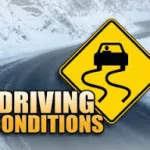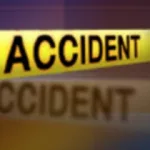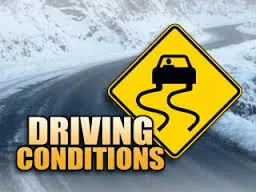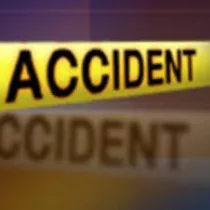(NETWORK IN) Changes in the way you are warned about tornadoes could include making sure you have more than one way to get the message and making sure you don’t feel like you need to turn off the automatic warnings on your phone.
Meteorologist James Spann was one of the speakers at the Central Indiana Severe Weather Symposium, Saturday, at IUPUI. He’s been one of the most respected on-air tornado trackers in the country for over 20 years at ABC 33/40 in Birmingham, Ala.
Spann has covered several major tornadoes and outbreaks, including the tornadoes that hit Tuscaloosa and Birmingham on April 27, 2011.
Spann believes many of the people who died could have been saved had they been wearing helmets. He said during tornadoes, when people cannot go underground or cannot find shelter in a house or other structure, they end up “being lofted”, or taken up by the tornadic winds.
“Many people died on that night with shrapnel wounds to the skull region and a simple bicycle helmet or a batting helmet would have saved their life,” said Spann, who showed pictures of some of the people who died. “It’s not that hard. Most people have helmets, they have kids with bicycle helmets or they play baseball or softball.”
Spann has made it a point to drive himself to improve his warning broadcasts by getting to know the people who have died in storms in his area. He talks with their families and has collected their stories.
Spann spoke emphatically about what he considers an antiquated warning system that many people believe is a definitive source for tornado warnings-sirens.
“This is a product of WWI. What year is this? Last time I checked this is like 2018 and why is it most people to this day consider this to be their primary source of tornado warning information?” asked Spann. Sirens are operated by emergency managers, generally, and are not controlled by the National Weather Service.
“They’re something you can never hear in a house, in a school or a business or a church. You might hear one on a sunny day but at 4 in the morning in a raging storm it will never wake your family up,” he said.
While Spann acknowledged that sirens do serve a purpose and are effective in warning some people outdoors, he said you need to make sure you have a secondary source for warnings, like a NOAA weather radio. But, he said people have been turning off their automatic warnings on their devices.
“We’ve got to reduce the false alarm ratio if it’s causing people not to listen to warnings,” said Spann.
He said meteorologists have been doing a better job of cutting down on false alarms, not by hesitating to issue warnings, but by going back to basic science for more accurate storm predictions.












